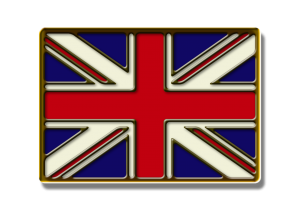Given the break neck pace that our world exists in, it is hard to truly hold onto and remember the past. World leaders constantly have us striving towards the future, and it can be difficult to keep up with the constant turnover of ideas and opinions on what the best course of action is as we move forward. The British monarchy, however, has consisted of leaders who represent something completely different. Their dedication to tradition and existing above the squabbles of British politics has made them outlast countless other European monarchies that have perished in recent centuries (Chengdan). The British royal family remains incredibly popular nowadays, with the recent birth of the Duke and Duchess of Cambridge’s third child and the upcoming wedding of Prince Harry and Meghan Markle, there is no telling what the future holds, especially since Queen Elizabeth II is reaching the end of her life in her old age (Coates). Prince Charles, her successor, has already proven to be a controversial figure, even before he fully assumes his powers as the sovereign. This is bringing some British people to question the monarchy and how they function as leaders in the twenty-first century.
Despite some debate, the British monarchy should continue to function as it currently does. The charity work that the monarchy does annually is without question helping thousands of people, and putting a stop to that would be detrimental to the organizations that rely on the support and attention that the monarchy brings (Hodge). The monarchy must continue to exist as leaders that work beyond petty politics. Even though they are not democratically elected, their choice to lead with grace and dignity have proven to be incredibly effective in uniting the British people, even in the face of political turmoil (Maltby).
